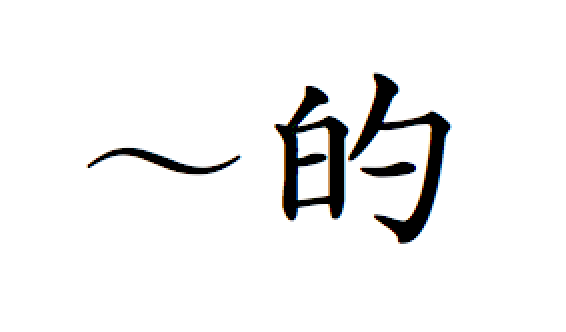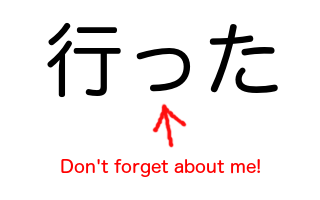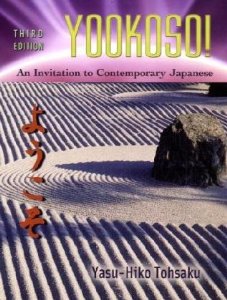Japanese tongue twisters
One thing you’re unlikely to come across in most Japanese learning resources is tongue twisters, which are the Japanese versions of phrases like “She sells sea shells by the shore”. These are called 早口言葉 (はやくちことば), a word which might seem like a tongue-twister in itself (: Though these phrases themselves don’t have much practical use (you’re not… Read More »





